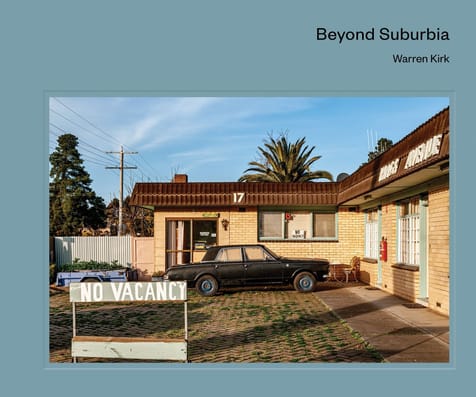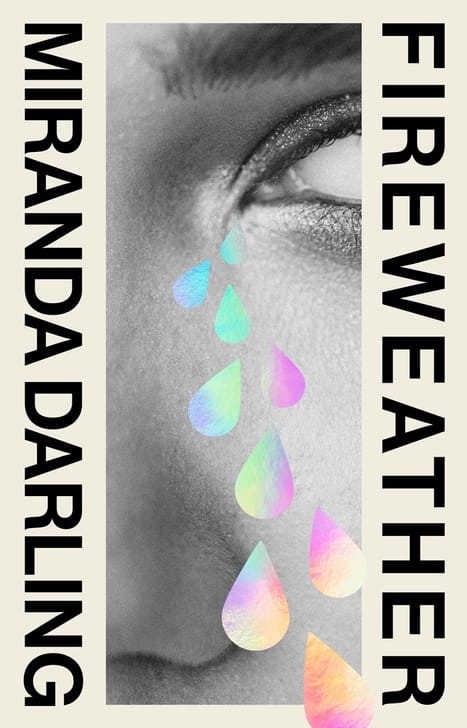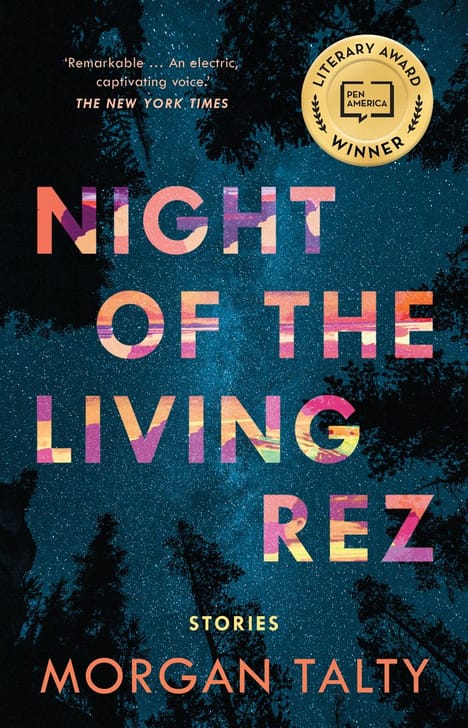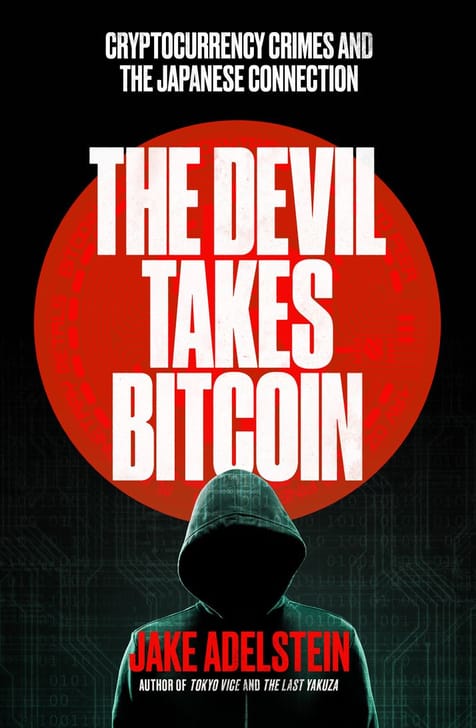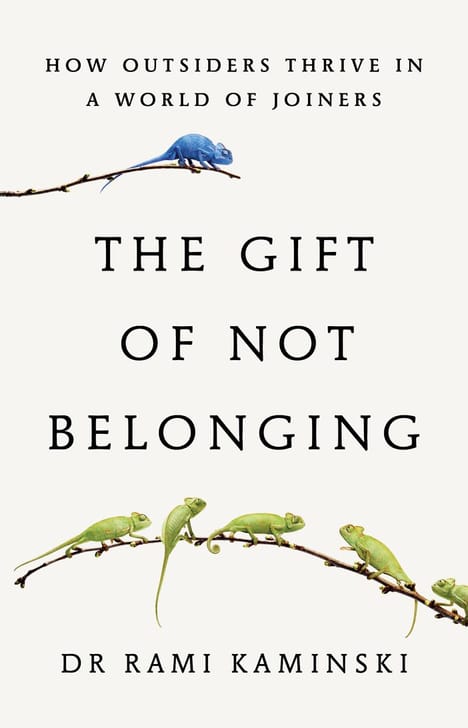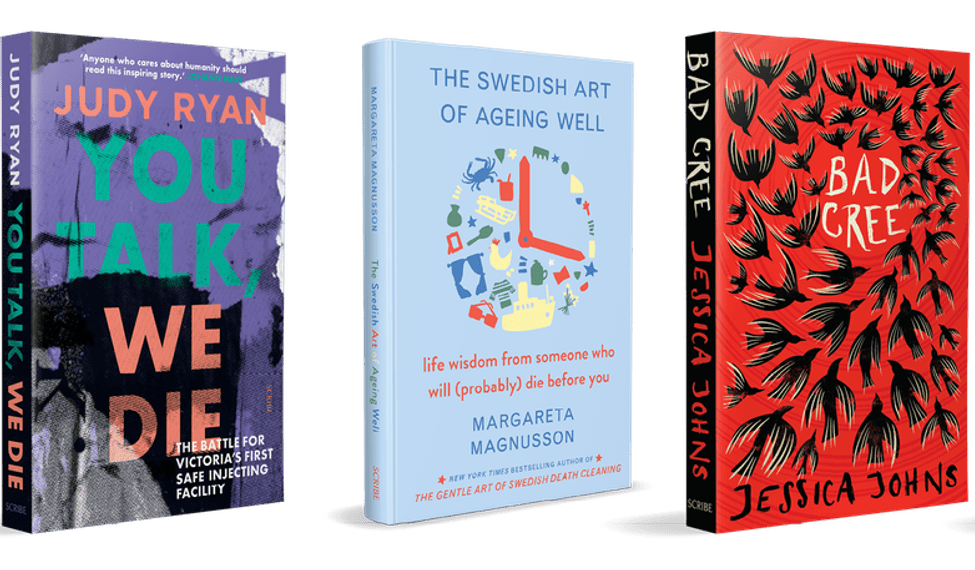
Related Books
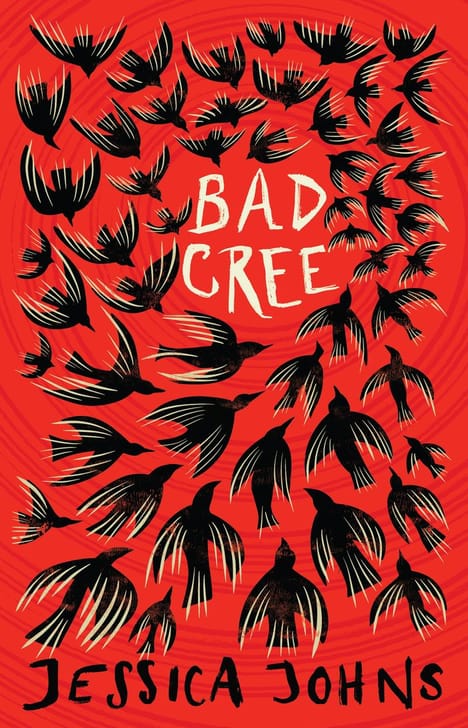
Bad Cree
In this gripping debut, a young Cree woman’s dreams lead her on a perilous journey of self-discovery that ultimately forces her to confront the toll of a legacy of violence on her family, her community, and the land they call home.
When Mackenzie wakes up with a severed crow's head in her hands, she panics. Only moments earlier she had been fending off masses of birds in a snow-covered forest. In bed, when she blinks, the head disappears.
Night after night, Mackenzie’s dreams return her to a memory from before her sister Sabrina’s untimely death: a weekend at the family’s lakefront campsite, long obscured by a fog of guilt. But when the waking world starts closing in, too — crows stalk her every move around the city; she gets threatening text messages from someone claiming to be Sabrina — Mackenzie knows this is more than she can handle alone.
Travelling north to her rural hometown in Alberta, she finds her family still steeped in the same grief that she ran away to Vancouver to escape. They welcome her back, but their shaky reunion only seems to intensify her dreams — and make them more dangerous.
What really happened that night at the lake, and what did it have to do with Sabrina’s death? Only a bad Cree would put their family at risk, but what if whatever has been calling Mackenzie home was already inside her?
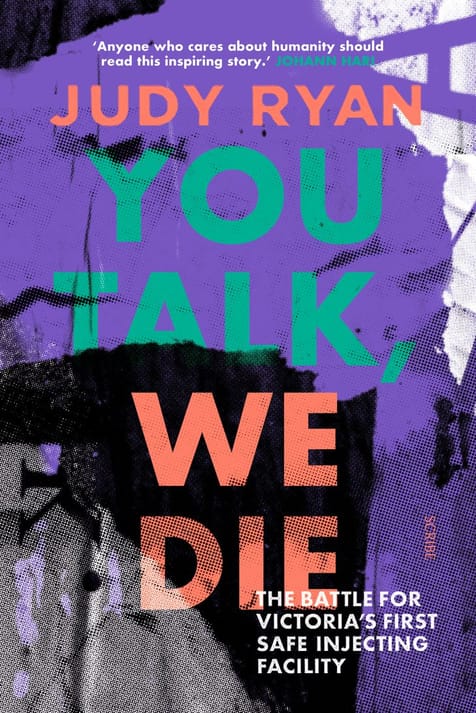
You Talk, We Die
‘They should do something,’ I groaned. Then a frightening prospect — they might be me! What the hell could I do?
In July 2016, inner-city resident Judy Ryan found a young man — one of ‘her regulars’ — slumped and quiet at her gate. He had overdosed from heroin. Fortunately, that man lived. But Judy had reached breaking point. After four years in a ‘war zone’, where children might encounter a body on the streets, enough was enough.
Knowing little about what she was getting into, but fired with resolve, Judy launched a grassroots campaign against apathy and prejudice. While the residents fought for their neighbourhood and for the right of those suffering from addiction to be treated with the needed care and respect, they would see three coroners’ reports, two elections, a private member’s bill, the police finally acknowledging that arresting their way out of the problem didn’t work, and more unnecessary deaths before the trial of a safe injecting facility was legislated.
A story of drugs, addiction, and a health crisis that touches people from all walks of life, You Talk, We Die is also a highly personal yet practical account of how an authentic local voice and an inclusive campaign can change the minds of business and political leaders to improve the lives of everyone in a community.
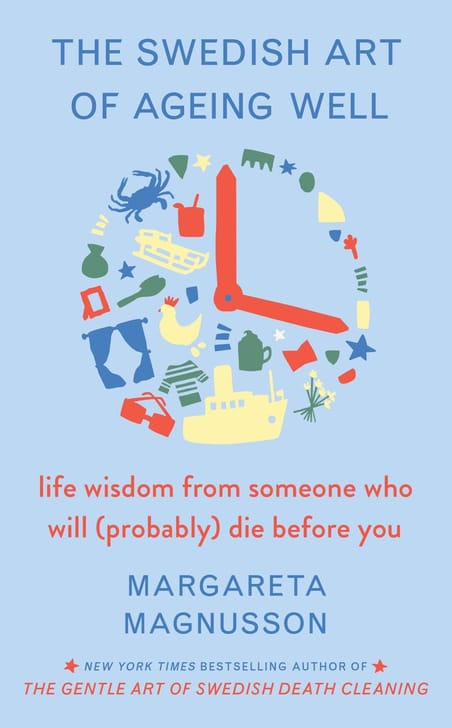
The Swedish Art of Ageing Well
From the bestselling author of The Gentle Art of Swedish Death Cleaning, here is a charming and humorous book about embracing life at any age.
In her first book, Margareta Magnusson shared with the world the practical Swedish tradition of döstädning, or ‘death cleaning’ — clearing out unnecessary belongings so others don’t have to do it for you. Now, unburdened by baggage (emotional and actual), she is able to focus on what makes each day worth living, and reveals her discoveries about growing older — some difficult to accept, and many rather wondrous. She reflects on her idyllic childhood on the west coast of Sweden, the fullness of her life with her husband and their five children, and learning how to live alone. Throughout, she offers advice on how to age gracefully, such as: don’t be afraid to wear stripes, don’t resist new technology, and let go of what doesn’t matter.
As with death cleaning, it’s never too early to begin. The Swedish Art of Ageing Well shows us how to prepare for and understand the ageing process, and the joys and sorrows it can bring. While Margareta still recommends downsizing and decluttering (your loved ones will thank you!), her ultimate message is that we should not live in fear of death, but rather focus on appreciating beauty, connecting with our loved ones, and enjoying our time together.
Wise, funny, and practical, The Swedish Art of Ageing Well is a gentle and welcome reminder that, no matter your age, there are always fresh discoveries ahead, and pleasures both new and familiar to be enjoyed every day.
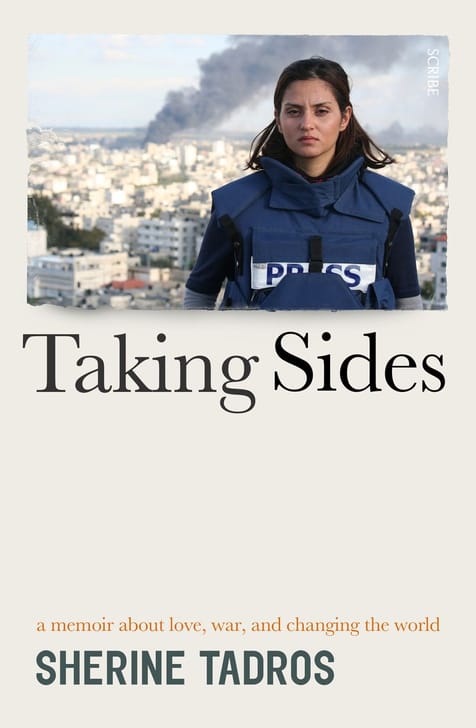
Taking Sides
The deeply moving memoir of an award-winning war correspondent turned activist — and her rousing defence of human rights in times of resurgent authoritarianism.
As a broadcast journalist for Sky News and Al Jazeera, Sherine Tadros was trained to tell only the facts, as dispassionately as possible. But how can you remain neutral when reporting from war zones, or witnessing brutal state repression?
For twenty-six years, Tadros grew up in the quiet surroundings of her family’s London home, and yet injustice was something her Egyptian immigrant parents could never shelter her from. From her first journalistic assignment trapped inside a war zone in the Gaza Strip, to covering the Arab uprisings that changed the course of history, Tadros searched for ways to make a difference in people’s lives. But it wasn’t until her fiancé left her on their wedding day, and her life fell apart, that she found the courage to find her true purpose. It was the beginning of a journey leading to her current work for Amnesty International at the United Nations, where she lobbies governments to ensure that human rights are protected around the world.
With the compassion and verve of a clear-sighted campaigner and a natural storyteller, Tadros shares her remarkable journey from witnessing injustice to fighting it head-on in the corridors of power.

A Little Give
Sometimes I think that carrying — other people, the continuity of history, generational identity, the emotional load of the everyday — is the main thing that women do.
In Marina Benjamin’s new set of interlinked essays, she turns her astute eye to the tasks once termed ‘women’s work’. From cooking and cleaning to caring for an ageing relative, A Little Give depicts domestic life anew: as a site of paradox and conflict, but also of solace and profound meaning. Here, productivity sits alongside self-erasure, resentment with tenderness, and the animal self is never far away, perpetually threatening to break through.
Drawing on the work of figures such as Natalia Ginzburg, Paula Rego, and Virginia Woolf, Benjamin writes with fierce candour of the struggle to overwrite the gender conditioning that pulls her back into ‘the mud-world of pre-feminism’ even as she attempts to haul herself out. From her upbringing as the child of immigrants with fixed traditional values, to looking after her mother and seeing her teenager move out of home, she examines her relationships with with family, community, her body, even language itself. Ultimately, she shows that a woman’s true work may lie at the heart of her humanity, in the pursuit both of transformation and of deep acceptance.
